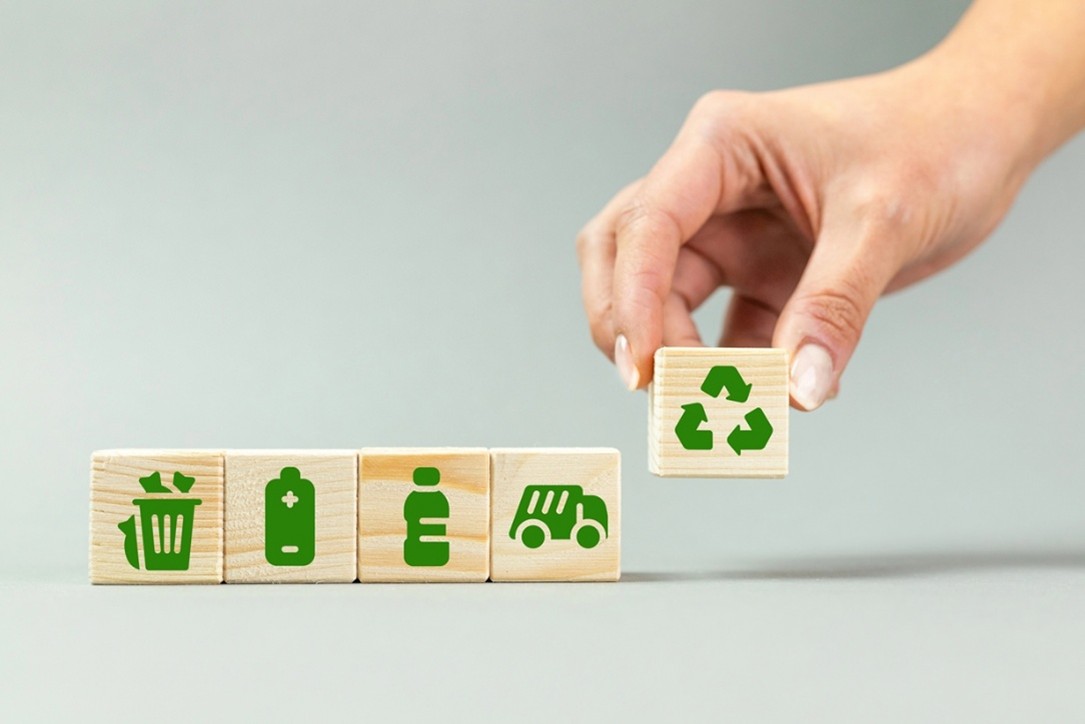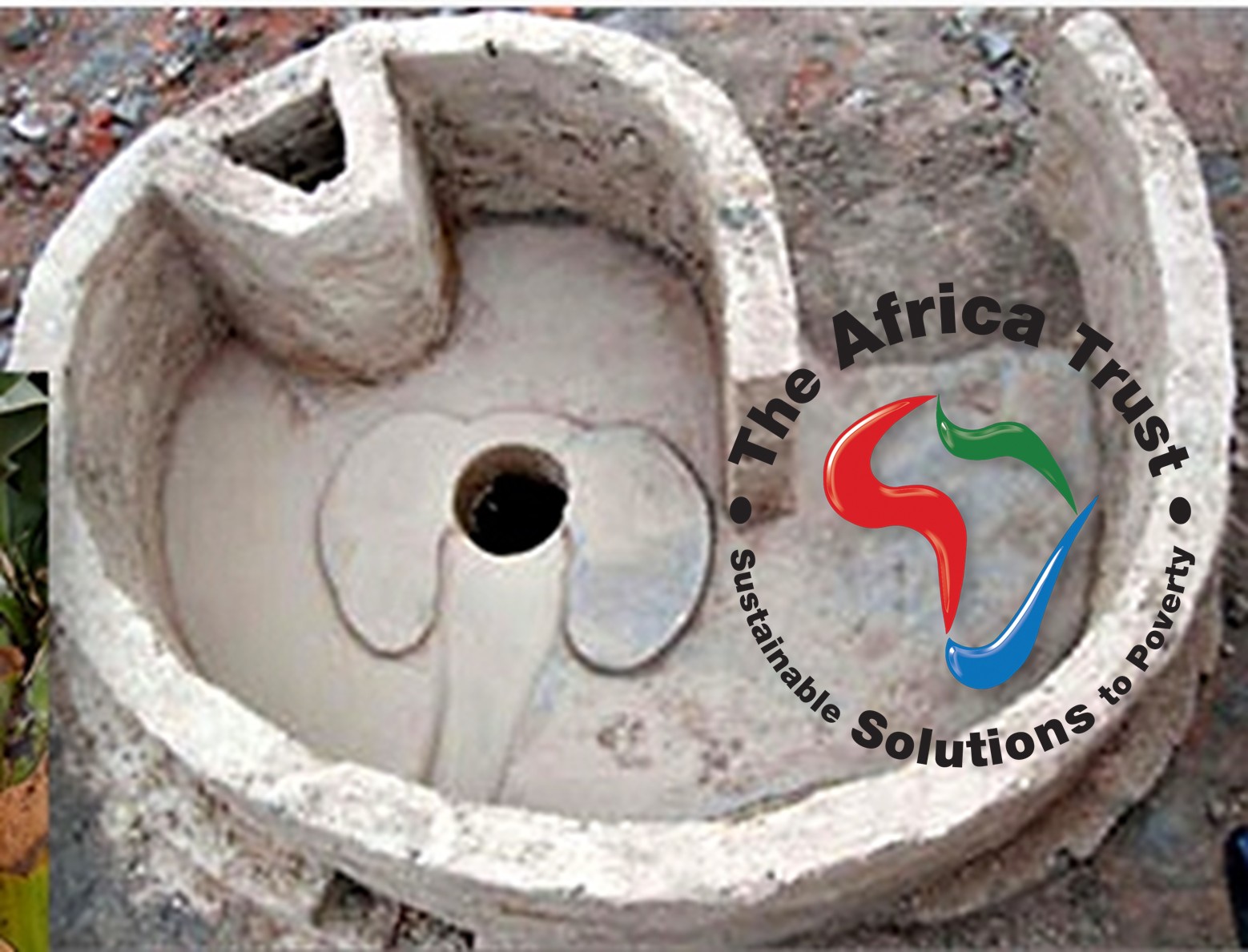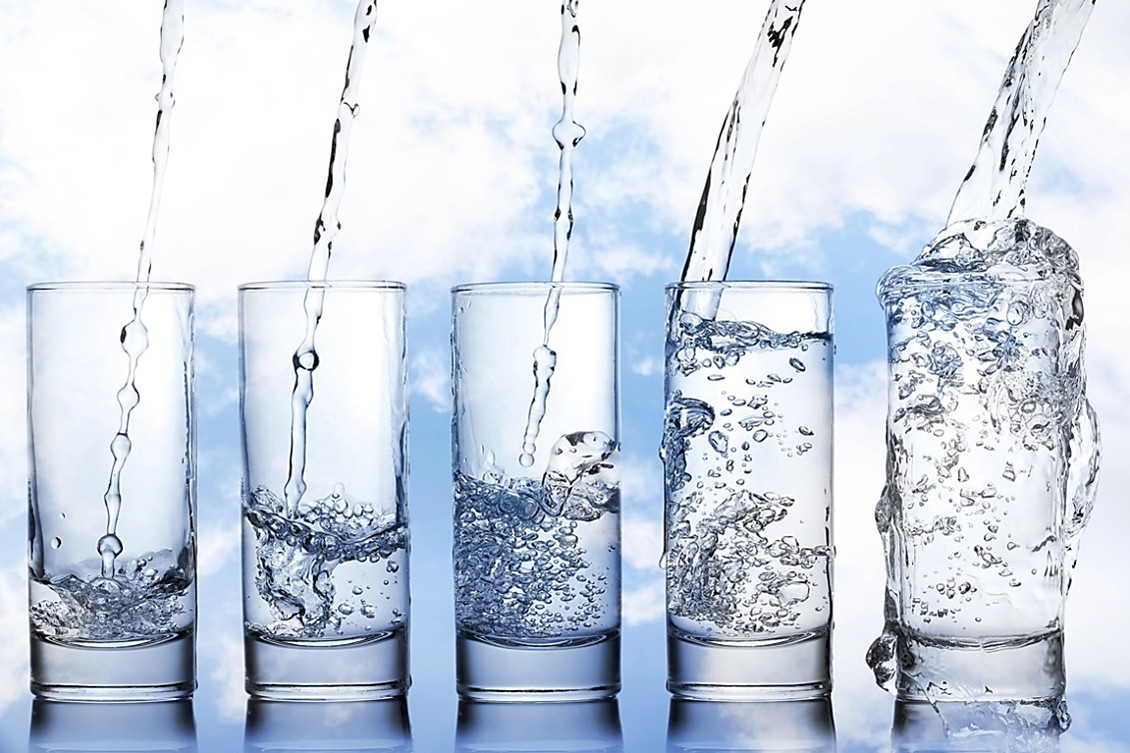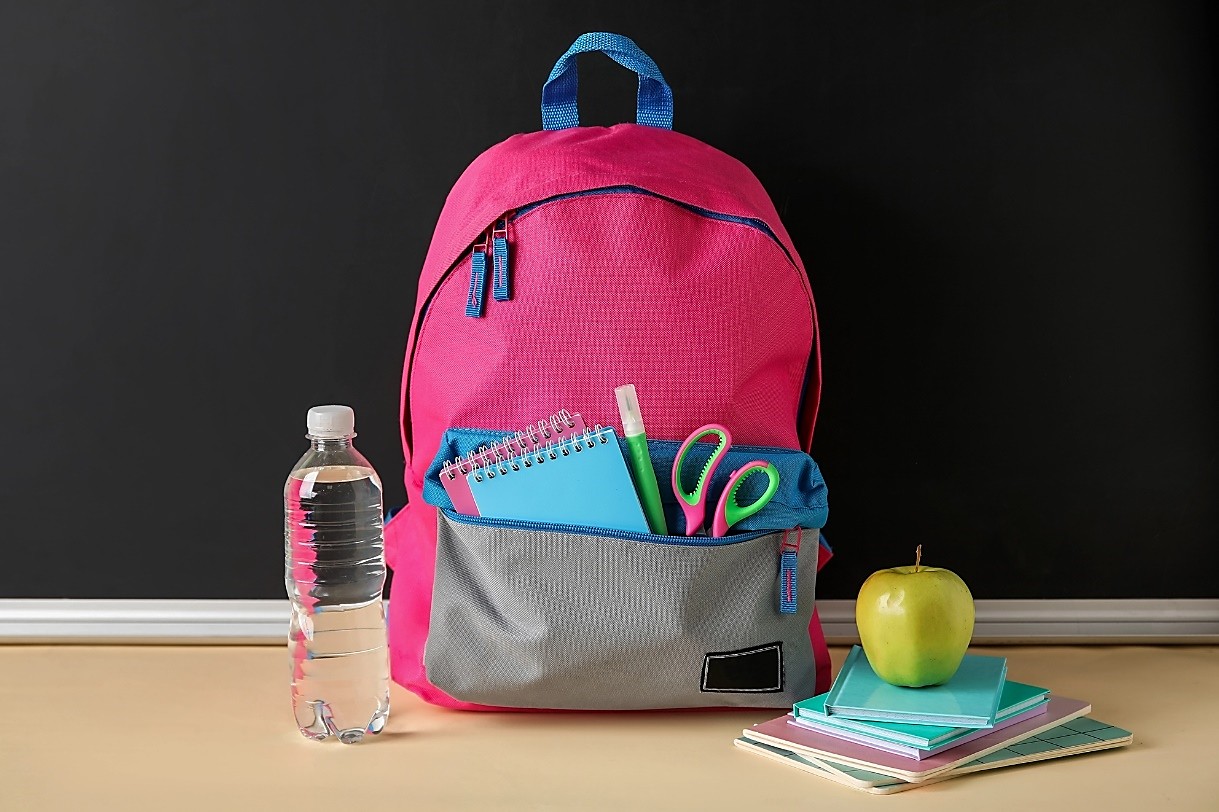
by Fern Shaw | Dec 8, 2025 | water cooler, Water Coolers
As the year winds down and the evenings draw in, there’s something unmistakably magical about the UK festive season. Maybe it’s the scent of mince pies wafting from every bakery, or the way even the most ordinary high street suddenly looks like it’s auditioning for a Christmas card. Whatever it is, December brings a cheer that’s impossible to ignore.
When the Decorations Come Out
Nothing says festive spirit like the great unboxing of the decorations. Every household has that one tangled set of fairy lights that still, somehow, works after ten years. There’s also the annual debate: tasteful and coordinated, or full-on ‘Santa’s grotto exploded’? (Let’s be honest, both bring joy in their own way.)
And it’s not just homes getting into the swing of things. Offices across the UK are also donning their seasonal sparkle. If you’re feeling creative, you might even find yourself decorating your water cooler like it’s your very own Christmas tree. Just remember – while tinsel is delightful, it’s best to keep it well away from the dispense area unless you want your colleagues sipping festive fibre.
Festive Flair, the Inventive Way
One unexpected trend? Using water bottles to create a makeshift Christmas tree. Yes, really. Stack them just right and you’ll have a surprisingly impressive, eco-friendly centrepiece. A star on top is optional but highly recommended for maximum cheer.*
Small Moments, Big Comfort
Beyond décor, the season invites us to lean into little pleasures: that first mug of mulled wine at a market, the cosy jumpers that practically hug you back and the joyful excuse to eat ‘just one more’ Quality Street.
Whether you’re writing cards, planning gatherings, or simply enjoying the glow of the sparkling lights, the festive season nudges us to slow down, savour the moment and appreciate the warmth of connection.
Wrapping Up the Year
As we edge towards the end of the year, there’s comfort in looking back – and excitement in looking forward. The festive season reminds us that even in the chill of winter, there’s plenty of warmth to be found.
So, here’s to twinkling lights, good company, decorated water coolers and the joyful spark that only the UK festive season can bring. Cheers to a bright and merry end to the year!
*We’re not actually suggesting you use your office water bottles for this – they should be returned to your local AquAid depot for cleaning, reuse and eventually, recycling.

by Fern Shaw | Dec 1, 2025 | mains fed water cooler, water cooler, Water Coolers
When colder days settle in, it’s all too easy to gravitate toward heavier comfort foods and – without even noticing – let our water intake slip. But with modern heating, cosy offices and indoor workouts, winter no longer needs to be the season of dehydration. One simple way to stay on track is by enjoying water-rich winter fruits and few deliver quite as powerfully as blackberries.
Blackberries may be small, but they pack a hydrating punch with 88% water content, plus fibre, Vitamin C, Vitamin K and a healthy spread of minerals like Potassium, Magnesium and Zinc.
They’ve been part of the British landscape (and diet) for thousands of years, growing abundantly across hedgerows nationwide. Luckily, they’re also available year-round – an easy, tasty way to support hydration, even when the idea of drinking glass after glass feels less appealing in chilly weather.
Still, the simplest and most reliable path to good hydration is, of course, drinking water. Whether you’re in an office, school or remote workspace, a convenient water cooler makes staying hydrated effortless.
For busy spaces that prefer a plumbed-in option, mains fed water coolers provide a constant, unlimited supply.
If flexibility is more important, a bottled water cooler offers refreshing cool water without needing a fixed connection – just slot in the water cooler bottle and you’re set.
If your premises don’t yet have a hydration solution in place, it couldn’t be simpler to arrange one. With decades of expertise and a wide range of water coolers, water dispensers and tailored service options, you can easily contact AquAid to find the best fit for your space.
Stay warm, stay hydrated, enjoy your berries – you’re berry welcome.

by Fern Shaw | Nov 24, 2025 | bottle fed water coolers, mains fed water cooler, water cooler, Water Coolers
Understanding the impact of water coolers has become increasingly important as workplaces rethink their sustainability goals. With more businesses prioritising single-use plastic reduction and looking for an eco-friendly water dispenser, this guide compares bottled coolers with plumbed-in point-of-use (POU) systems to help teams choose wisely.
How Bottled Water Coolers Affect Sustainability
Traditional bottled water coolers are well known and widely used, but they naturally involve more environmental considerations. Large bottles require manufacturing, repeated transport and scheduled delivery, all contributing to the carbon footprint of water delivery.
That said, many suppliers – including AquAid – use robustly reusable bottles rather than disposable plastics, which significantly cuts waste. For sites without direct access to mains water, bottled systems can also be the only practical option.
Why POU Systems Offer an Eco-Friendly Alternative
POU or mains connected water coolers filter mains water at the point of use. This approach eliminates bottle production and delivery entirely, offering clear benefits for teams aiming at single-use plastic reduction or simply looking for an eco-friendlier water dispenser.
Because POU units stay installed in one position, they generally require less storage and transport logistics than bottled solutions. Over time, this can also make them more cost-effective – especially in busy offices where water consumption is consistently high.
Choosing the Right Solution for Your Workplace
When comparing the two systems, the decision often comes down to three key factors:
- Environmental priorities – POU systems typically win on sustainability, though bottled coolers remain suitable for locations without reliable mains access.
- Space and practicality – Consider where the unit will be positioned, including delivery access if using bottled options.
- Usage levels – Heavy-use environments usually benefit from the continuous supply POU systems provide.
AquAid supports clients in assessing both practical and eco-related needs to help them select the most efficient system for their workplace.
In a world where sustainability matters more every year, understanding the impact of water coolers helps businesses choose responsibly. Whether switching to a greener POU system or optimising bottled options, the right solution depends on your site’s layout, usage and environmental goals. To explore the best setup for your team, you can contact AquAid for tailored advice.

by Fern Shaw | Nov 19, 2025 | Africa Trust, aquaid, Water, water cooler, Water Coolers
In the UK, it’s easy to take toilets and clean water for granted. Most of us rarely stop to think about what life would look like without the privacy, hygiene and safety that proper sanitation provides. But for billions of people around the world, a reliable toilet is far from guaranteed. That’s exactly why World Toilet Day continues to be so important.
This year’s theme, Sanitation for Peace, reminds us that safe sanitation is closely tied to stability, health and equality. When people don’t have access to hygienic facilities, the results can be devastating: increased disease, contaminated water sources and a loss of safety and dignity – particularly for women and children. Diarrhoea remains one of the leading causes of death for children under five in developing countries, largely due to poor sanitation and hygiene. And around 1 in 8 people worldwide still practise open defecation every day.
But progress doesn’t always require complex technology. Sometimes, the most effective solutions are simple, well-designed and community driven. One example is the Elephant Toilet, created by The Africa Trust, an AquAid founded charity working across sub-Saharan Africa. This eco-friendly VIP (Ventilated Improved Pit) latrine uses minimal water, is built with local materials and skills, and provides a safe, clean and long-lasting sanitation option for rural communities. The design was recognised with the St Andrews Prize for the Environment for its ingenuity and effectiveness.
What makes the Elephant Toilet especially powerful is the way communities are involved. The Africa Trust provides training and materials – such as cement for the slabs – so local people can build and maintain their own facilities. This creates ownership, resilience and long-term benefits long after the initial construction is complete.
World Toilet Day is a reminder that sanitation is a foundation for health, dignity and opportunity. By supporting practical solutions and investing in sustainable systems, we can help ensure that everyone, everywhere, has access to something as basic – and as vital – as a safe toilet.
These are just a few reasons why AquAid is proud to support The Africa Trust. To date, over 1000,000 Elephant Toilets have been built, benefitting more than two million people. Since the beginning, The Africa Trust, along with AquAid, have understood how essential good sanitation is – not just for health, but for creating safer, stronger and more resilient communities.

by Fern Shaw | Nov 13, 2025 | bottle fed water coolers, touch free water coolers, water cooler, Water Coolers
Why Water Cooler Maintenance Matters
A clean water cooler isn’t just about appearance – it’s about safety and wellbeing. Regular cleaning helps prevent bacteria, maintain water quality and extend the life of your dispenser. Here’s a simple five-step checklist to help you keep your water fresh and your workplace healthy.
- How Often Should You Sanitise Your Water Cooler?
Aim to conduct water cooler sanitation every few weeks. This prevents the build-up of bacteria, mould and algae that can affect both taste and safety.
Quick tips:
- Wipe down taps and outer surfaces weekly with a food-safe disinfectant.
- Avoid harsh chemicals – they can leave residues.
- Always wash your hands before refilling or touching the dispenser.
If you want to reduce touchpoints altogether, consider a touch free water cooler for added hygiene.
- What’s the Best Way to Maintain Water Dispenser Hygiene?
Water dispenser hygiene includes cleaning both visible and hidden parts.
- Empty and clean the drip tray daily.
- Rinse removable components with mild detergent and warm water.
- Let all parts air dry before reassembling.
These quick actions keep your dispenser hygienic and safe for daily use.
- How to Prevent Bacteria in Your Cooler
To prevent bacteria in your cooler, avoid positioning it in direct sunlight or near heat sources – warmth encourages microbial growth.
Best practice:
- Position your bottle fed water cooler in a shaded, well-ventilated area.
- Always use sealed water bottles from trusted suppliers such as AquAid.
- Replace bottles promptly and avoid leaving a part-used bottle on the cooler for extended periods.
Correct positioning and handling help ensure your water remains consistently fresh.
- Why a Monthly Cleaning Guide Helps
Although AquAid services its coolers as part of every rental agreement – every six months for mains-fed units and every three months for bottle-fed models – regular light cleaning between services is still recommended.
A monthly cleaning guide helps your team keep the dispenser hygienic between professional visits.
Checklist idea:
- Wipe down external surfaces regularly.
- Keep drip trays empty and clean.
- Ensure bottles are changed promptly and correctly.
These simple actions help maintain water freshness between AquAid’s scheduled service visits.
- When to Rely on AquAid’s Professional Maintenance
One of the benefits of installing a water dispenser from AquAid is knowing it will always be professionally maintained. Our engineers automatically service mains-fed water coolers every six months and bottle-fed coolers every three months – including full internal sanitation and filter changes.
If you’re an AquAid customer and need support between service visits, contact AquAid for expert advice.
Key Takeaway: Simple Steps for Lasting Freshness
Keeping your office water safe is straightforward when you follow these steps to keep your water fresh:
- Sanitise regularly.
- Maintain internal hygiene.
- Position your cooler correctly.
- Clean lightly between AquAid service visits.
- Rely on AquAid’s scheduled professional maintenance.
A clean water cooler means healthier staff, better-tasting water, and peace of mind – all with minimal effort.

by Fern Shaw | Nov 3, 2025 | mains fed water cooler, water cooler, Water Coolers, water dispenser
In schools, colleges and universities, convenience, safety and wellbeing all play an important role in creating a positive learning environment. Installing a water dispenser or water cooler might seem a small change, but it brings a range of practical benefits for both staff and students.
Supporting Smooth Daily Routines
In busy educational settings, time is precious. A water cooler allows teachers, support staff and pupils to easily access hot or cold water without queueing or waiting for a kettle to boil. This small convenience helps keep lessons running smoothly and ensures everyone can get a quick drink between classes or meetings.
Cost and Energy Efficiency for Schools
Running a school efficiently means keeping a close eye on resources. Kettles and old-style boilers consume far more electricity than a modern, energy-efficient water dispenser. Over time, this can lead to measurable savings – freeing up funds that can be better spent on pupils and learning materials.
Reliable and Convenient Access for All
Having a constant supply of fresh drinking water helps maintain a calm, organised atmosphere throughout the day. Mains-fed water coolers ensure water is always available, whether in staff rooms, corridors, or shared student areas. There’s no need to restock bottles or worry about supplies running out, making it easier for everyone to stay comfortable and focused.
Hygienic and Professionally Maintained
Clean, safe water is vital in educational environments. AquAid service all mains connected water coolers every six months and all bottle-fed coolers every three months. Each visit is carried out by WHA accredited engineers, ensuring high standards of hygiene and care. Regular maintenance keeps the units spotless and reliable for both staff and children.
A Simple Addition with Lasting Benefits
Adding a water dispenser – as an example – a free standing water fountain – to your school, college or university is an easy, cost-effective way to improve convenience, reduce energy use and support a cleaner, more efficient learning space.






